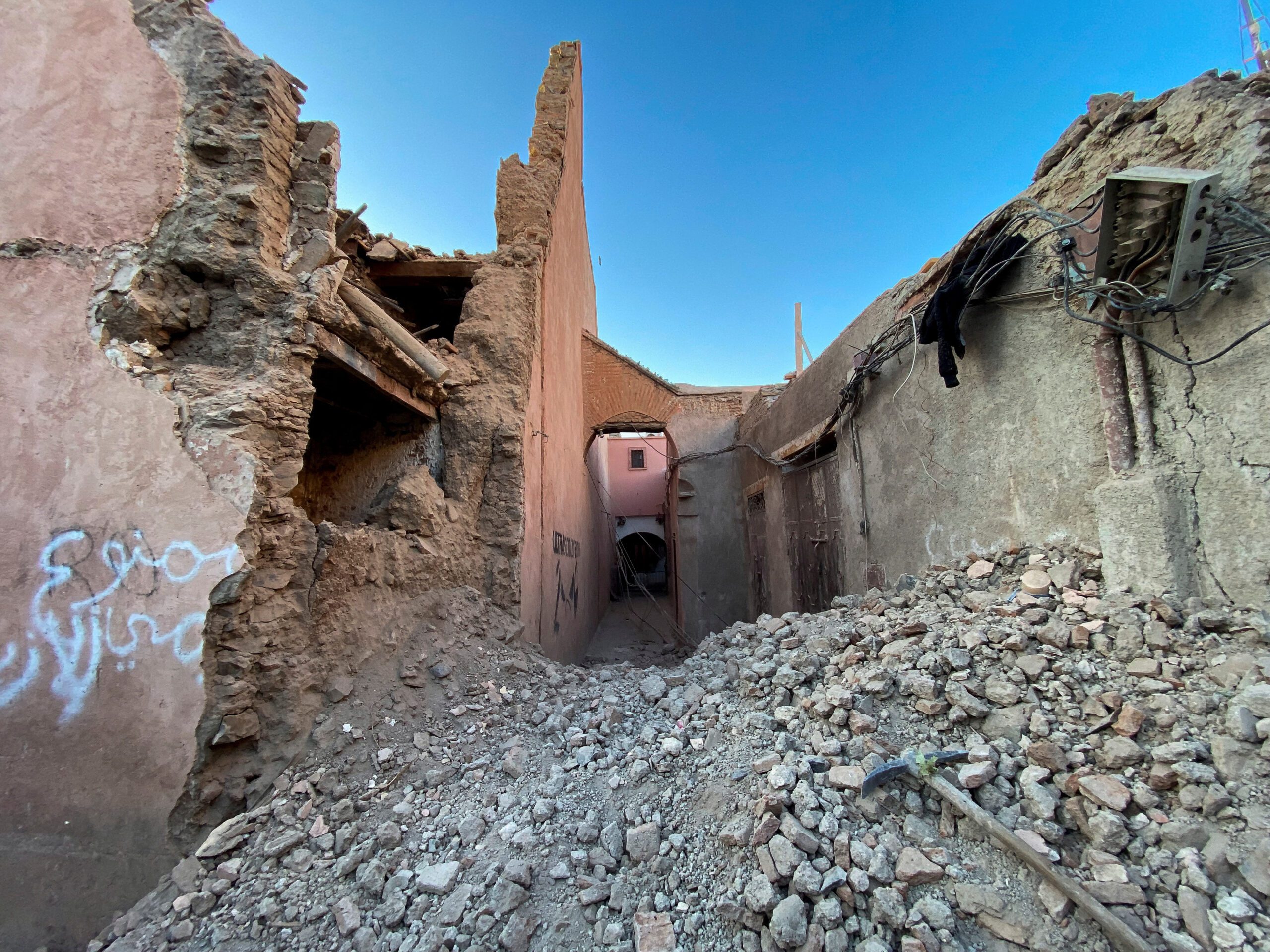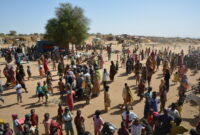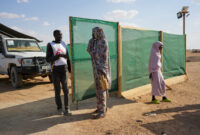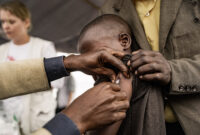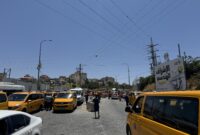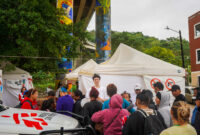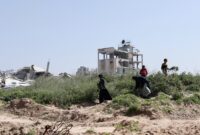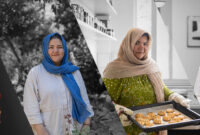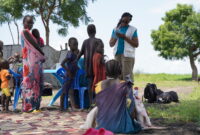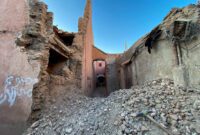Morocco earthquake: What is MSF doing?
Updates
Sept. 13
This week, an MSF team travelled to Morocco’s Chichaoua Province, located in Marrakesh-Safi, to evaluate the needs of the people living in the isolated villages affected by the strong earthquake that struck the country on the night of Sept. 8 to 9, 2023.
Carlos Rubio, MSF’s emergency coordinator reports on the situation:
“Most of the houses in the small villages we visited were damaged because they were constructed out of flimsy materials like mud. Significant numbers of people have been killed and injured. In addition, the roads have been impacted. However, the immediate and urgent medical and humanitarian needs were met in the days following the emergency thanks to the massive mobilization of the Moroccan authorities and local civil society.
Patients who required medical attention have already been transferred to the Chichaoua and Marrakech central hospitals. Additionally, the majority of the residents of the affected villages had already received initial aid in the form of food, water, blankets, tents, and other necessities. We might want to look into the scarce availability of mental health services, as a gap we identified, since there is only one psychiatrist and no psychologists working in this province with 400,000 residents. However, there are incident mobilization efforts for psychological support ongoing in some areas, which we will also assess, as it is necessary to enhance psychological support as part of the ongoing response efforts.”
Sept. 15
MSF emergency teams has made four donations to medical structures in the affected regions of Al-Haouz and Souss-Massa. These donations contained medicines, such as injectable medicines, analgesics, antibiotics, stomach protectors, and medical equipment (plasters, bandages, braces, blood pressure monitors, glucometers). MSF teams continue to witness a good level of response from Moroccan authorities, an impressive local solidarity, despite a massive level of destruction in the mountainous villages where the earthquake hit with the hardest.
On Sept. 8, a powerful 6.8-magnitude earthquake struck Morocco at 11 p.m. local time. So far, more than 2,000 lives have been lost.
Doctors Without Borders/Médecins Sans Frontières (MSF) is extremely saddened by the tragic news of the earthquake that has hit Morocco and the high number of victims already reported.
What is MSF doing?
- MSF does not currently have projects in Morocco. However, we are in contact with local authorities, assessing humanitarian needs and understanding the response that is needed.
- Our expert medical and logistical staff are already on the ground while more exploratory teams are on their way.
- We are prioritizing remote and rural communities close to the epicentre in the High Atlas Mountains, south of Marrakech. Some areas are difficult to reach as roads have been affected by the earthquake.
- People in hard-hit villages will likely require assistance, including food, while access to healthcare was already limited before the disaster.
Earthquake response
As with all earthquakes, the search for people buried under the rubble is the priority, and this phase is often handled by local solidarity.
Communication and supply routes also need to be quickly re-established, as these are the prerequisites for the delivery of critical relief supplies into affected areas from outside affected areas.
In this type of context, we need to care for the wounded and perform medical acts quickly like surgery or dialysis, which can be a challenge when local health capacities are severely affected by a disaster.
Restoring health services and distributing essential goods can also be priorities. Our intervention will therefore depend on the results of these initial on-site assessments.
MSF in Morocco
MSF began working in Morocco in 1997 to provide care to excluded communities in Rabat, Casablanca and Tangier.
Our programmes were focused on increasing access to maternal and sexual healthcare. In the early 2000s, we began providing support to migrants arriving in Morocco, by visiting hostels where people stayed and providing outpatient consultations and referrals through mobile clinics.
In 2010, MSF provided care to migrants injured during mass raids and expulsions by the Moroccan police force. In 2013 we handed our projects over to local health and human rights organizations.
